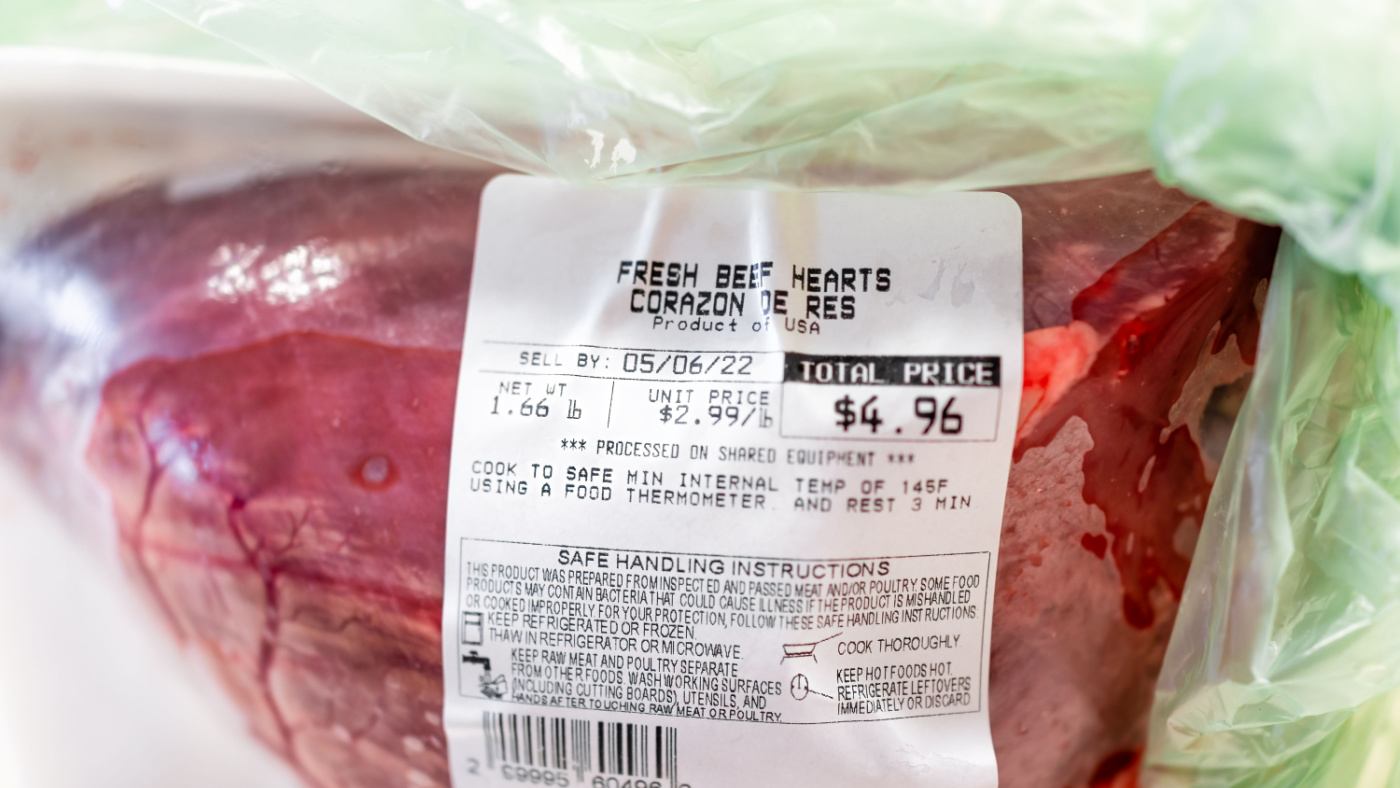Cattle industry representatives from Canada and Mexico attended the U.S. National Cattlemen’s annual conference recently in Orlando, Florida. Meetings involved the three partner-countries in the USMCA trade pact to discuss a slate of issues.
Nathan Phinney, president of the Canadian Cattle Association and a rancher in Sackville, New Brunswick, says the proposed “Product of USA” labeling was a primary issue discussed. The program is being touted as voluntary for the U.S. industry, but both Canada and Mexico see that U.S. program proposal as a threat which could severely disrupt the existing and very integrated North American beef industry.
Phinney says that Canada and Mexico both view this voluntary U.S. industry program proposal as being too much like the previous Mandatory Country of Origin Labeling issue.
“The Voluntary Product of US is the big one. Mexico has similar concerns. We’re at a point were there have been droughts in the US and in Canada, and we all know that our critical mass is down. One of the points that we will be watching, if this does cross the finish line, is any sort of segregation or injury. That gets us back to the WTO days where we were really concerned about Origin of Labelling. And, even though it’s a voluntary version of COOL, the threats are real.”
Canadian Cattle Association executive vice-president Dennis Laycraft is at a loss to understand how beef packing plants could administer such a restrictive program when it comes to oversees markets. Laycraft says that, with the U.S. as the main processing hub when it comes to slaughter cattle procurement, the currently proposed Product of USA program would be very hard to manage.
“Right now, they’ve got the most restrictive definition, with the born, raised, slaughtered and processed, to qualify. Even their own procurement programs have to follow this new definition. And in an integrated North American market, how do packers manage something like that? It has all kinds of implications when we start exporting products, because you have to have put Product of Canada, or Product of USA, on your product when you export it.”
Drought events have forced the movement of more live cattle across borders to find viable grazing pasture and available feedstocks. Laycraft says that cattlemen on both sides of the border will continue to benefit from North America’s integrated beef industry.
“There’s been such beneficial movement. And when we’re dealing with droughts cattle have moved. We’re probably going to experience that in Western Canada where we’re going to have to import more feeder cattle from the United States. That’s actually going to benefit the cow-calf producers in the US, because you’re going to have a very active bidder on their market. Eastern Canada importing more and more feeder cattle from areas like Virginia. So, there’s more benefits from an integrated market than there are ever losses in it.”


